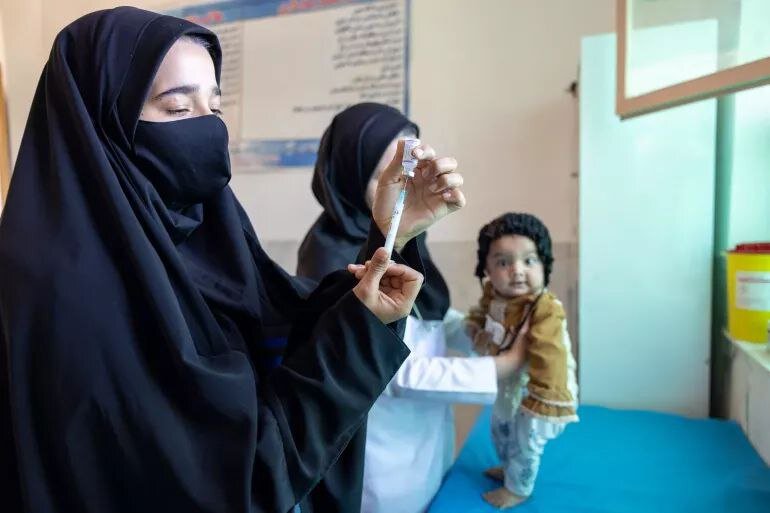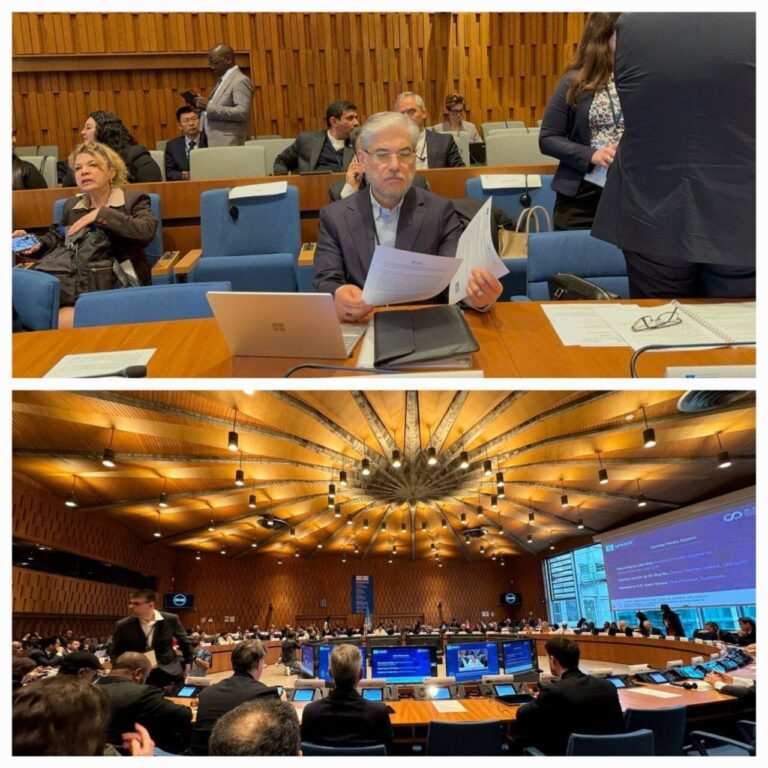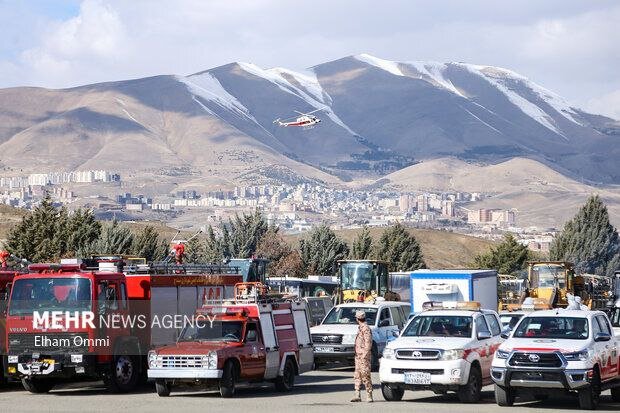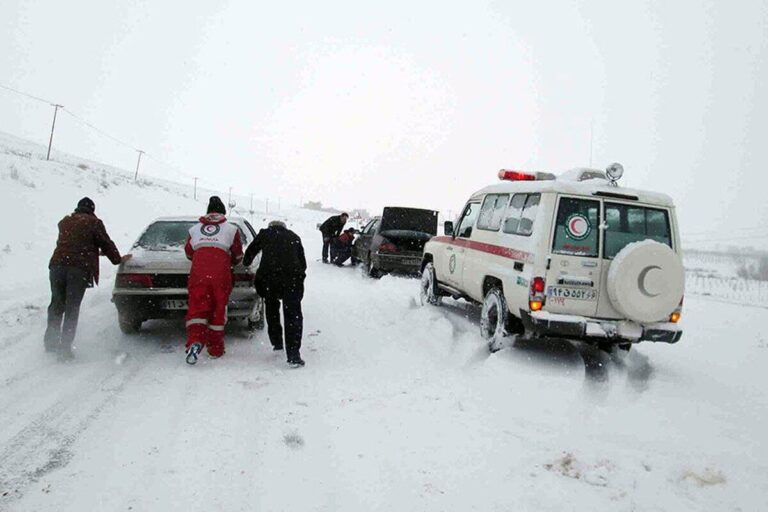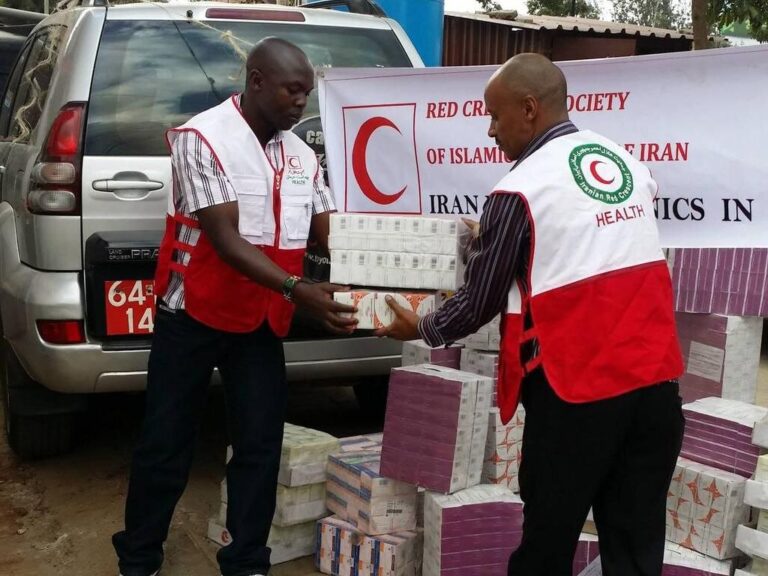Health Ministry Teams Up with UNICEF to Revitalize 13 Underserved PHC Centers
In a significant effort to bolster healthcare services for vulnerable populations, particularly children and their families, the Ministry of Health and Medical Education (MoHME) of Iran, with the support of the United Nations Children’s Fund (UNICEF), has successfully staffed and equipped 13 Primary Health Care (PHC) centres. These centres are strategically located in regions with high refugee populations in Sistan-Baluchestan and Khorasan Razavi provinces. This initiative aims to enhance healthcare access for over 100,000 individuals, including both refugees and local community members.
According to a press release from UNICEF on April 17, 2024, this joint venture is crucial in providing essential health services to some of the most vulnerable groups in Iran.
In addition to establishing PHC centres, UNICEF has responded swiftly to the catastrophic floods that devastated Chabahar County in Sistan-Baluchestan province in 2024. The floods inflicted severe damage on infrastructure, creating an urgent need for healthcare support, especially for women and children. To address this crisis, UNICEF, in collaboration with MoHME, deployed two prefabricated mobile PHC units.
The mobile units were specifically designed to maintain healthcare services for populations affected by the floods, particularly in areas where healthcare access was significantly compromised. As a result of this timely intervention, over 5,310 beneficiaries, including approximately 500 children, have received essential healthcare services, underscoring UNICEF’s commitment to improving healthcare access for the most vulnerable.
The newly established PHC centres offer a comprehensive range of health and nutrition interventions that cater to individuals of all age groups, with a particular focus on children and women of reproductive age. These centres serve as the initial point of contact within the healthcare system, playing a critical role in providing comprehensive and accessible care.
UNICEF also places a strong emphasis on equitable access to healthcare services. The organization has implemented measures to ensure that these services are inclusive and accessible to individuals with special needs, ensuring that no one is left behind.
In February 2024, UNICEF and MoHME collaborated to deliver medical care to children under the age of five suffering from Severe Acute Malnutrition (SAM) in Zabol, located in south-eastern Sistan-Baluchestan province. This initiative, funded by the European Civil Protection and Humanitarian Aid Operations (ECHO), has been providing free treatment to affected children since September 2024.
At Amir Almomenin Hospital, more than 54 children with SAM have already received critical medical care, ensuring they obtain the life-saving treatments necessary for their recovery. This program not only enhances access to curative services but also prioritizes children with disabilities and those in dire need, reinforcing the commitment to ensure no child is left behind.
Addressing the underlying issues of food insecurity, the project is set to continue throughout 2025. In a complementary effort, a social protection program will be introduced, providing households affected by SAM cases with cash cards. This initiative aims to help families purchase nutritious food and improve their overall well-being.
- Key Objectives of the Initiative:
- Strengthening healthcare services for vulnerable children and families.
- Providing essential health and nutrition interventions.
- Ensuring equitable access to healthcare for individuals with special needs.
- Addressing issues related to food insecurity through cash assistance.
This collaborative effort between UNICEF and MoHME is a vital step towards ensuring that vulnerable populations in Iran receive the healthcare they require, particularly in the aftermath of natural disasters and ongoing humanitarian challenges. By focusing on inclusivity and accessibility, these initiatives aim to create a healthier future for children and their families in Iran.
As the situation evolves, UNICEF remains dedicated to enhancing healthcare access and addressing the myriad challenges faced by vulnerable populations across the country.
